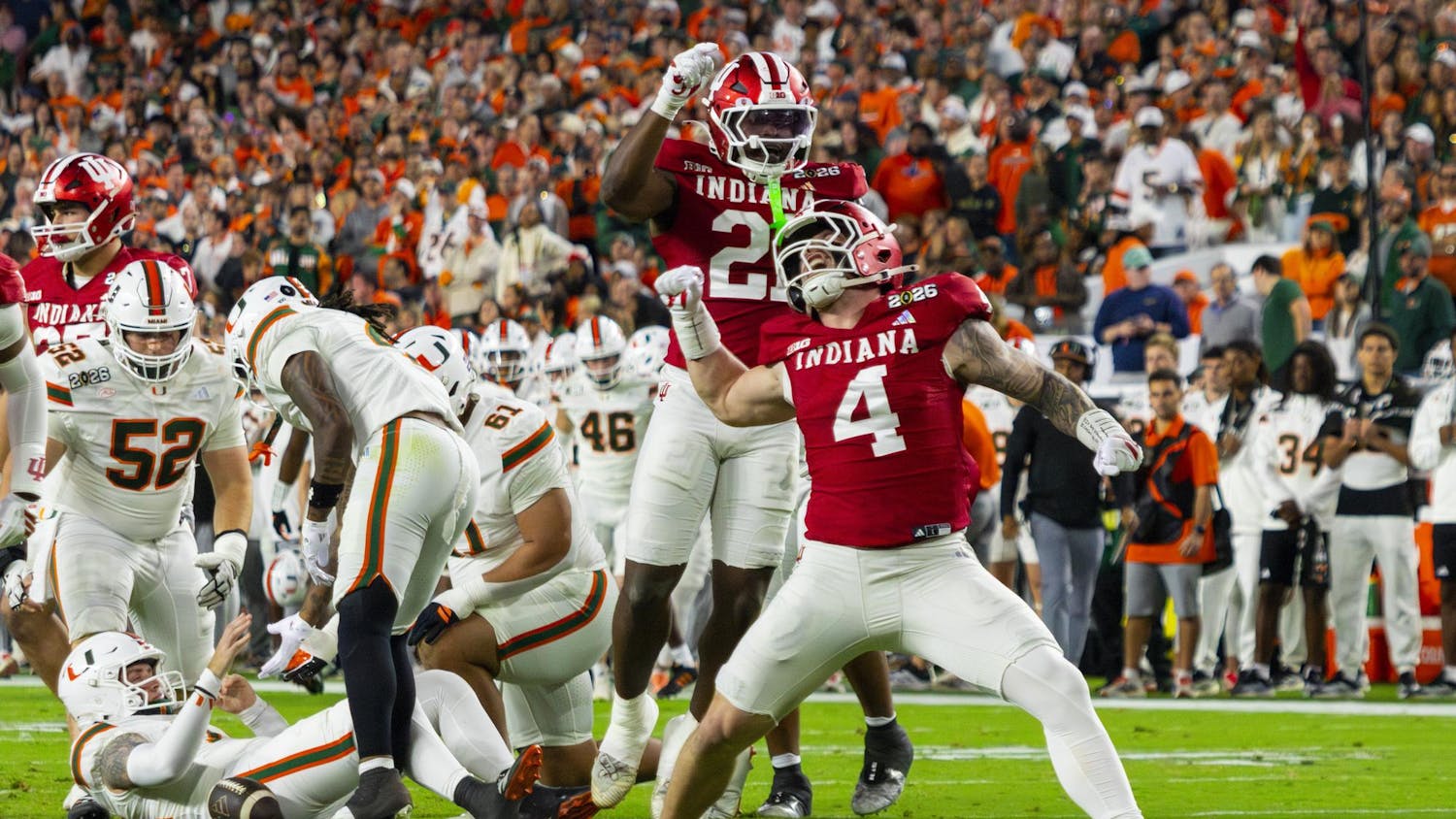When I was a senior in high school, my mom would come home from work during hockey season to eat dinner with me before heading to my brother’s game.
We’d stand in the kitchen or sit in the dining room and quickly catch up on our days before she left me with instructions to do my homework.
As soon as I knew she had shut the front door, I would calmly walk to the bathroom. On my walk, I’d sweep my hair up into a messy bun.
I’d briefly glance in the mirror, turn around, lift the toilet seat up, get on my knees and begin to cough and gag and make myself sick until the only thing coming out was yellow-y stomach acid.
To lose a significant amount of weight, you have to work off more calories than you put in. Each potato chip is a longer run. Each drop of milk in your coffee is a few more crunches. But you don’t count fruit, so frozen grapes and strawberries will have to do.
Before bed, make sure you drink your tea. It tastes like shit. You made the recipe yourself and, though you’ve by no means conducted a scientific trial, you’re convinced it’s working. Green tea. Lemon juice. Cinnamon. Cayenne pepper. Everything that’s supposed to boost your metabolism all mixed into a gritty, hot, hard-to-swallow potion. But it must be working, you could swear you read about it somewhere.
You read about all of this somewhere at some point or another and it didn’t start out so bad. Google: Easy before-bed workouts. Ignore the cuts on your back from your spine digging into the ground, they only hurt when you rub against them anyway. You do that for a while, weeks maybe, and watch your legs and stomach get smaller and tighter.
But that was never going to be enough. So, you run. Google: best foods to eat for running. Fruit, nuts, water. Not so bad.
You run so much that suddenly a mile passes in five minutes and you’re doing things you never thought you could. Everything is easier. The stairs at your high school no longer leave you breathless.
You’re healthy and everyone is proud of you. “You look so good,” they’d say. “You really got in shape, I wish I had that kind of discipline, I should start working out.”
But nothing is ever that simple.
Work out until you can’t, eat as little as you can and throw up what you do. Shrink. Shrink. Shrink. Shrink.
I was first formally diagnosed with bulimia nervosa at a visit to IU’s Counseling and Psychological Services during my sophomore year at school here.
This was two years after I ran my first five-minute mile and a long time after I had first told myself and the people around me that I was finally “better.”
It would be a month or so before I learned to be okay with the fact that I wasn’t.
It’s hard to explain the shame associated with an eating disorder. I know I should be proud of the fight I’ve put up, but I default to feeling embarrassed that there was ever a disorder to fight against. I’m disgruntled that my own body wasn’t advanced enough to fight it alone, without me ever having to consciously acknowledge there was a problem.
I was prescribed 20mg of Fluoxetine, generic Prozac, a dose that has slowly but surely inched up over the last year.
For a while, medicine felt like throwing in the towel. It felt like I was too weak to handle my illness myself. After four weeks on Prozac, it still stuck inside my throat and burned like hell and it still made me nauseous, but I could get out of bed and make it through the day without a panic attack.
The feeling was, to be honest, strange. I had been fighting against myself for so long that the calm felt foreign, like I had a new superpower. I could think before I panicked, before I worried, before I purged. I could have a normal life.
Still, everything in me fought against what I’ve now come to know very well: my problem is and always has been chemical.
I went back to my psychiatrist after a few months of treatment. I wanted to know when I could come off of my medication and function normally by myself.
My doctor told me that it’s possible I never could. He explained to me that my disease is just that — a chronic illness —and that, were I to come off my medicine, it would likely return.
That used to terrify me. I wanted, and I still do want to, be enough on my own.
It took me a long time to see what was wrong with that thought. I am more than enough on my own, and denying myself medicine that treats a legitimate disease would not make me a somehow better version of myself.
Seeking help should never be embarrassing. Being sick shouldn’t be something you’re afraid to tell people about and I’m not anymore.
I’m Anna, and I’m a recovering bulimic.





